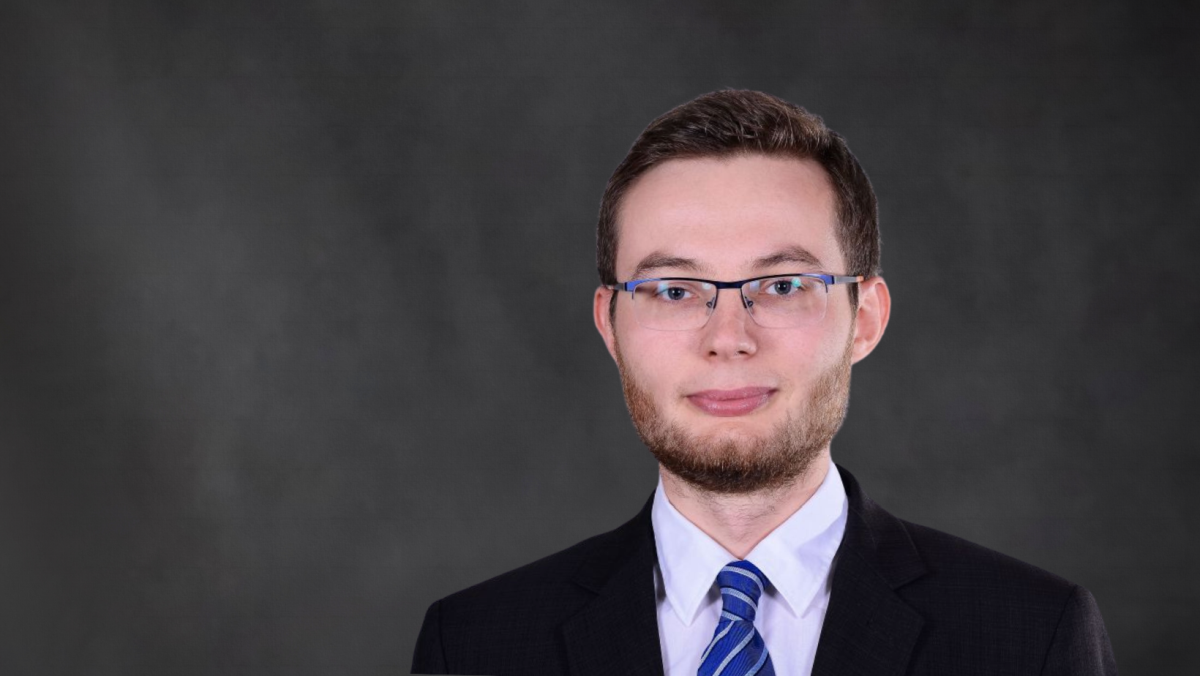PISM Spotlight: Elections in Austria: A Clear Gain for the Right
What is behind the Austrian People’s Party’s success?
Internal factors—related to the metamorphosis of the party itself—and extraordinary external conditions contributed to OVP’s victory. In May, the party’s leadership was taken over by Foreign Minister Sebastian Kurz, and to a large extent his leadership has translated into the party’s electoral success. He managed to consolidate power in OVP and refresh the image of the Christian democratic party through personnel changes, updating its electoral programme and carrying out a dynamic campaign. Kurz has strengthened the party’s support by tapping the negative public sentiment associated with the mass-migration crisis. Redirecting OVP more to the right allowed OVP to take over some of FPO’s electorate. In addition, by pushing a ban on wearing a full-face veil (so-called Burqa ban) in public places, in effect since early October, Kurz aimed to increase his credibility with this electorate in the debate on migrant assimilation.
Which parties will most likely form a government?
An OVP-FPO coalition is most likely, mainly because their programmes are similar, including on tightening migration law. The chances of a continuation of the grand coalition of OVP-SPO are lower because of conflicts within the existing government. Before the election, Chancellor Christian Kern ruled out a coalition government if SPO did not win the election. The third option, in case OVP fails to form a new government, is an SPO-FPO coalition. Although that formation ruled Austria in 1983–1987 and is currently in power in one of Austria’s nine federal states (Burgenland), it has little chance to return to the national level because of the strong differences in their programmes.
How will a government change affect Austrian foreign policy?
Austria’s foreign policy will probably face significant, although not fundamental changes. If Kurz becomes chancellor after his time as foreign minister, it would mean to a large extent the continuation of the foreign policy of the previous Austrian government. However, the entry of the far right to the coalition would entail a more confrontational course with neighbouring states: Germany (which FPO blames for the mass-migration crisis) and the Czech Republic (FPO calls for the abolition of the Beneš decrees, thus for historical revisionism). On the other hand, one can expect the next government to strive for better Austrian-Russian relations. Although Chancellor Kern held a conciliatory stance towards Russia, the FPO maintains close ties to Russia; at the end of 2016, the party signed a cooperation agreement with Russia’s ruling United Russia Party.
How will the election results affect the region and the EU?
The establishment of a government that includes a far-right party would weaken Austria’s position in the EU ahead of its EU Council presidency in the second half of 2018. Following the formation of a similar coalition of OVP-FPO in 2000, EU Member States imposed sanctions on Austria, though the current situation inside the EU means that course is unlikely to be repeated. A deterioration of relations with Germany or other partners could translate into Vienna’s greater interest in its eastern neighbourhood, including the Visegrad Group. Although FPO leader Heinz-Christian Strache aims to strengthen contacts with the V4, and has even mentioned Austria’s potential membership of the group, the prospects for regional cooperation are limited and focused mainly on migration policy.

